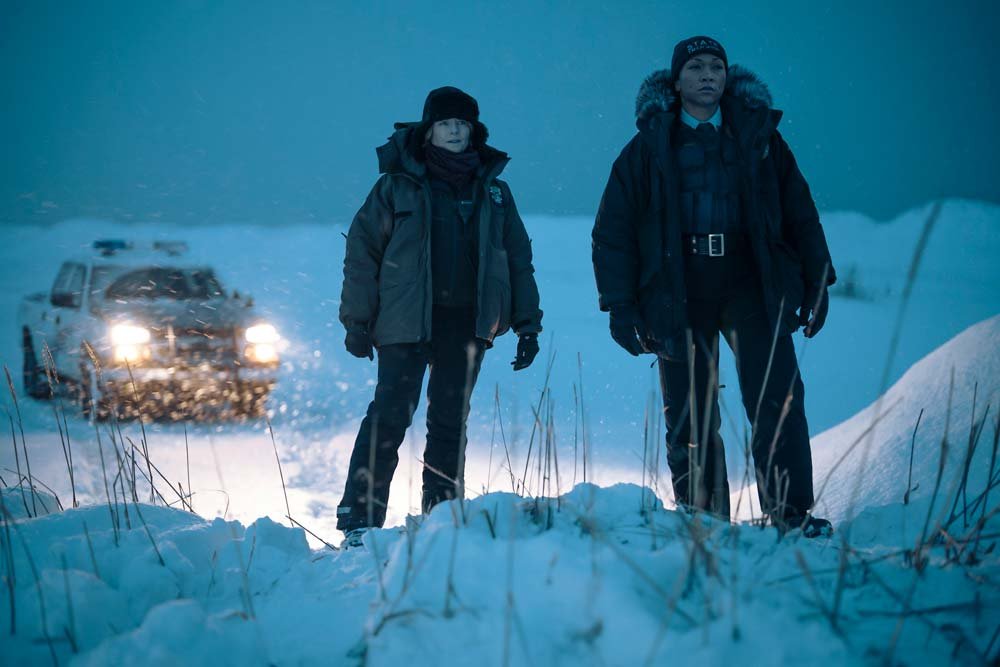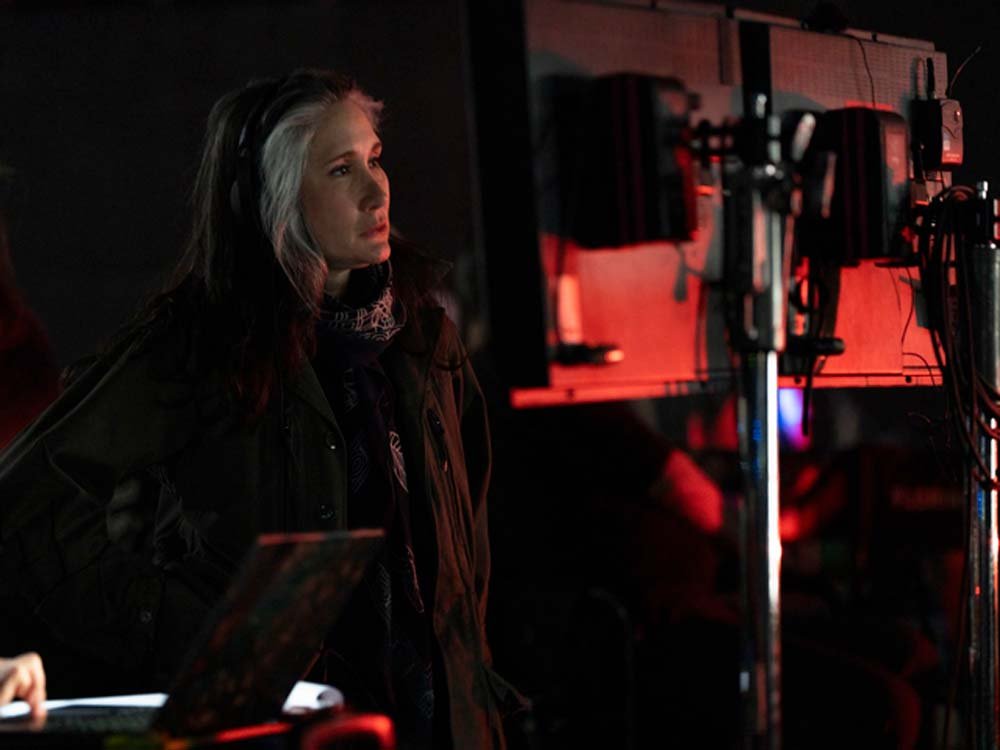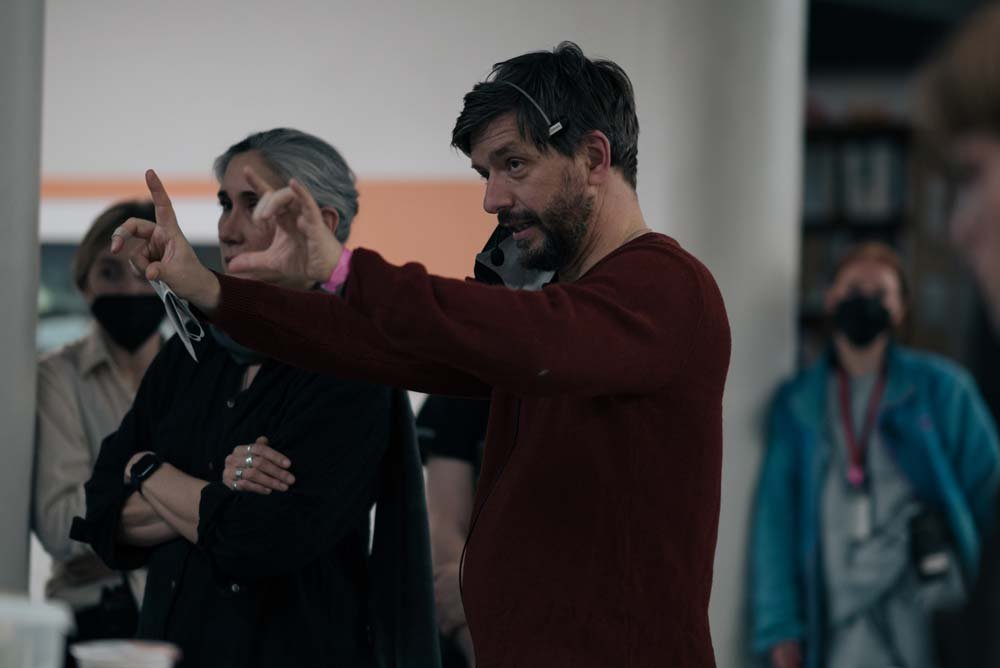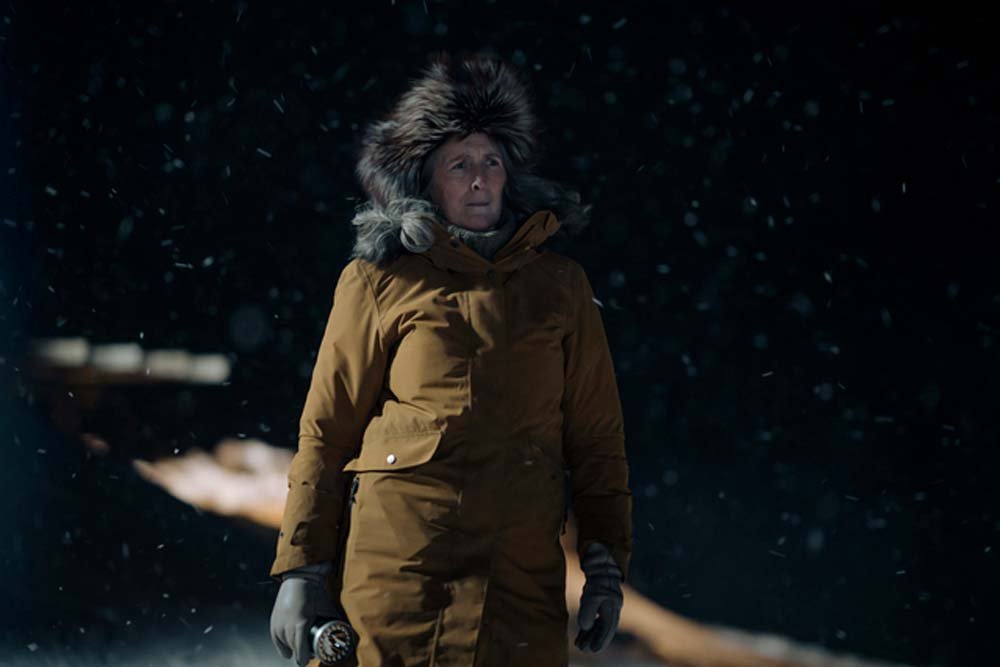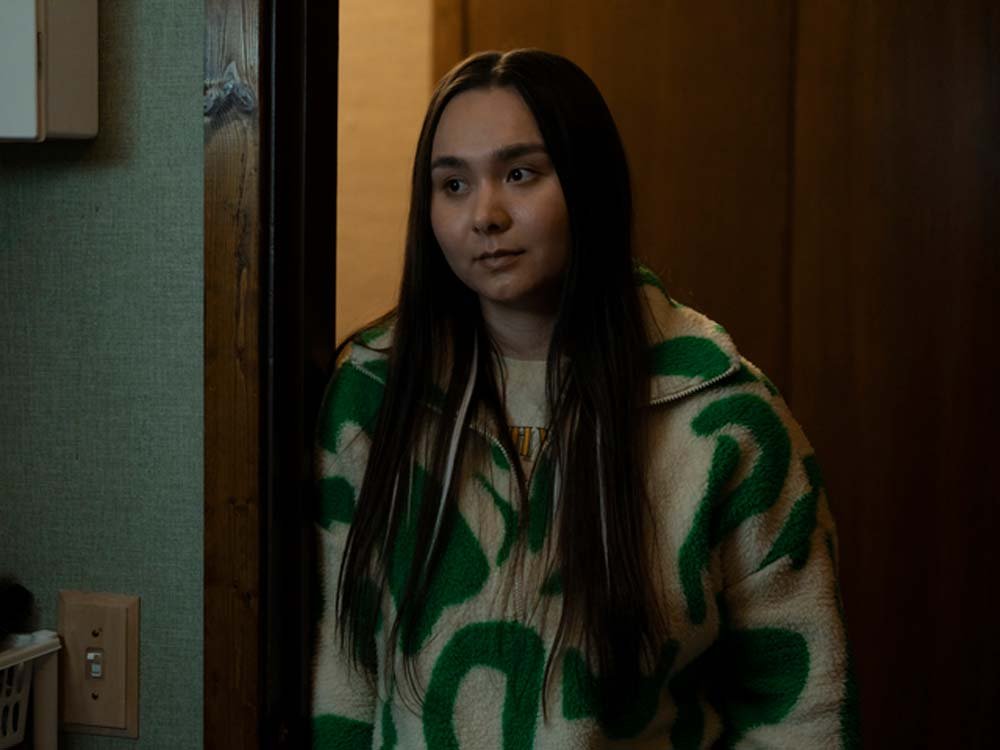How does the place we’re born influence our beliefs? What would it be like to live in a world run by women, where it’s perpetually night, and the dead can speak to the living?
In this episode, we discuss the new season of HBO’s True Detective: Night Country with award-winning cinematographer Florian Hoffmeister. Perhaps best known for his work on Tár, Pachinko, Great Expectations, and most recently, the new season of True Detective: Night Country, he's also known for his collaboration with director Terence Davies on the films The Deep Blue Sea and A Quiet Passion. His work on Great Expectations earned him an Primetime Emmy and a BAFTA in cinematography, and in 2022, he was nominated for the Academy Award for Best Cinematography for his work on Tár.
FLORIAN HOFFMEISTER
I drove for like a half an hour into absolute nothingness, and I left the car. It was three o'clock in the morning. It was minus 17 degrees and it was absolutely still. I've never experienced stillness such as that. I mean, it's like you feel like you can feel your atoms move or not move because it's so cold. And the sky is full of the Northern Lights. So you are already in a remote place, but you want to go further. And I think maybe those themes of going out into the wilderness are motivated by the urge to connect. And I think Issa López has really incorporated it beautifully into the script. And the show tells of this great disconnect between people. So not only are we disconnected from our environment, but we are disconnected from each other.
When we were shooting I sometimes thought, there is this beauty about collaboration between a director, cinematographer, and production designer, and all these key people. And I'm more and more convinced there's some kind of conscious thing happening. And there's also something subconscious happening.
Distinct Approach to Filmmaking
A defining aspect of Hoffmeister's style is his deep commitment to immersing himself in stories. In film projects like the 4th season of HBO’s True Detective: Night Country, and Tár, Hoffmeister strived to encompass the sensory and emotional experiences of the characters offering a meditative lens to even the most fraught experiences and existential themes.
A Cinematic Journey through True Detective
In discussing his work on Night Country, Hoffmeister highlights the importance of his artistic collaboration with director and writer Issa López. The show is not merely a crime drama. It's a multi-faceted exploration of human nature in its most raw, vulnerable form. The series is notable for its strong female leads and distinctive direction. He notes the unique challenges of filming in almost constant darkness and translating that atmosphere onto the screen. Hoffmeister also praises the lead actors Jodie Foster and Kali Reis’ contribution to the series, emphasizing how they embodied empowered, resilient women who are both navigating grief by taking different spiritual journeys. Filming for the series was done in Iceland which uses geothermal energy and allowed the production to have a low carbon footprint.
The Roles of Jodie Foster and Kali Reis
Foster's character (Detective Liz Danvers) defies the conventional portrayal of women in media, and Reis (Detective Evangeline Navarro) breaks new ground, playing an Indigenous Alaska Native of the Iñupiaq tribe navigating complex socio-political issues. Their narrative threads encompass their humanity, courage, and determination to uncover the truth. Reis’ gives a mesmerizing performance full of nuance and physicality. In addition to being an actor, Reis is considered the first Indigenous American female boxing world champion and is a Native rights advocate.
Femininity, Sex & Power Dynamics
The show boldly explores female sexuality, challenging traditional representations and amplifying the empowering narrative of the leading ladies, while also offering moments of tenderness and intimacy.
One Endless Night at the Edge of the World
Hoffmeister said, “I think Issa brought a lot of her Mexican sensibility” to the project, especially in the scenes meditating on the departed and the spirit world. The series is set over several days, but it feels like one endless night, blurring the boundaries between dream and reality, the living and the dead. A hypnotic television experience, viewers are slowly drawn into the vastness of the icy landscape in a way that may invite them to question their beliefs about faith, justice, science, and the afterlife.
The Fight for Justice and Indigenous Rights
True Detective: Night Country doesn’t shy away from exploring socio-political issues like Indigenous rights nor does it deter from showing the struggles for environmental justice. It represents issues that are often overlooked and quietly grounds them in reality, continuing the powerful narrative of what we’ve come to expect from True Detective.
The Art of Cinematography in the Age of AI
When asked about the future of cinematography in the age of AI, Hoffmeister remains optimistic. He believes that AI, like any tool, is only as good as the artists wielding it. For him, AI is like a mirror, reflecting back inputs from the creatives who use it. It might speed up the process of filmmaking and animation or provide new possibilities for visual storytelling, but it could never replace the instinctual and emotive connection of a human storyteller.




